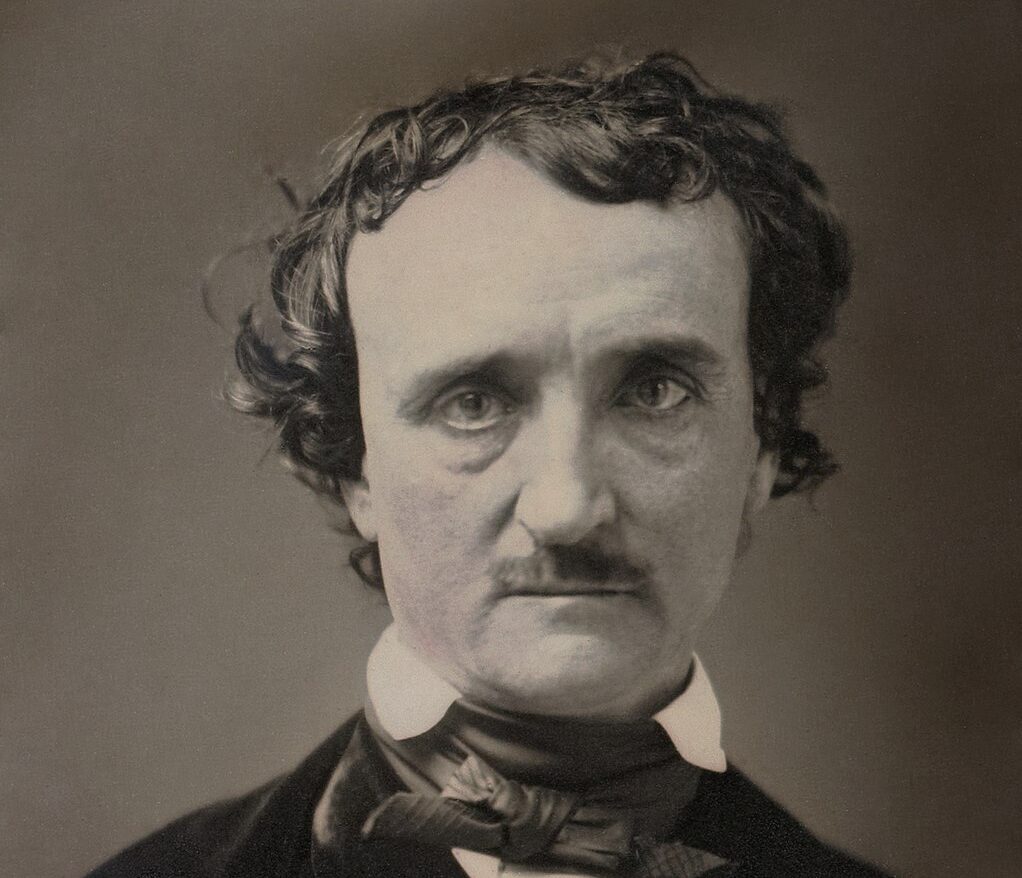
Edgar Allan Poe was an American writer, poet, and literary critic who is best known for his tales of mystery and horror. Born in Boston in 1809, Poe grew up in a family plagued by poverty and alcoholism. He attended the University of Virginia but was forced to drop out due to financial difficulties.
Despite his troubled upbringing, Poe became one of the most important literary figures of his time, known for his vivid imagination, poetic language, and dark themes. He is considered a pioneer of the modern detective story and is credited with helping to establish the genre of science fiction.
However, Poe’s success as a writer did not necessarily translate to wealth. He struggled with poverty throughout much of his life, despite achieving critical acclaim for his work. He was often forced to rely on the support of friends and patrons to make ends meet, and he frequently found himself in debt.
Poe’s financial struggles were compounded by his personal life. He suffered from alcoholism and struggled with depression and other mental health issues, which made it difficult for him to maintain stable employment or financial stability. He also endured several personal tragedies, including the death of his wife Virginia from tuberculosis.
Despite these challenges, Poe’s work continued to garner praise and recognition during his lifetime and beyond. His most famous works, including “The Raven” and “The Tell-Tale Heart,” have become classics of American literature and are widely read and studied today.
Today, Poe’s legacy as a writer and literary figure is secure, but his personal struggles with poverty and mental illness remain a poignant reminder of the challenges faced by creative geniuses throughout history.
Here is a timeline of Edgar Allan Poe’s life:
1809 – Edgar Allan Poe is born in Boston, Massachusetts.
1811 – His parents die, and Poe is taken in by the wealthy merchant John Allan and his wife Frances.
1826 – Poe enrolls at the University of Virginia but is forced to leave after less than a year due to financial difficulties.
1827 – Poe joins the US Army under the false name “Edgar A. Perry,” serving at Fort Independence in Boston Harbor.
1831 – Poe moves to Baltimore, where he begins to pursue a career as a writer.
1836 – Poe marries his cousin Virginia Clemm, who is just 13 years old at the time.
1839 – Poe publishes his first collection of short stories, “Tales of the Grotesque and Arabesque.”
1845 – Poe’s poem “The Raven” is published, bringing him national fame and recognition.
1847 – Virginia dies of tuberculosis, plunging Poe into a deep depression.
1849 – Poe is found delirious on the streets of Baltimore and taken to a hospital, where he dies a few days later. The cause of his death remains a mystery.
Today, Poe is considered one of the most important writers in American literature, known for his innovative use of language, dark themes, and psychological depth. His influence can be seen in the works of countless writers and filmmakers, and his legacy as a master of horror and suspense continues to captivate readers and audiences around the world.
5 Interesting Facts about Edgar Allan Poe:
- Poe is credited with inventing the detective story genre with his short story “The Murders in the Rue Morgue,” which introduced the character of C. Auguste Dupin.
- Poe was one of the first American writers to try to earn a living solely through writing, but he struggled with poverty and financial insecurity for most of his life.
- Poe was a literary critic as well as a writer, and he was known for his often-harsh reviews of other writers’ works.
- Poe had a fascination with cryptography and included secret messages and codes in some of his works, such as “The Gold Bug.”
- Poe’s death at the age of 40 remains a mystery, with various theories suggesting he may have been murdered or died of illness or substance abuse.
5 Quotes from Edgar Allan Poe:
- “I have great faith in fools; self-confidence, my friends call it.”
- “All that we see or seem is but a dream within a dream.”
- “I became insane, with long intervals of horrible sanity.”
- “The death of a beautiful woman is unquestionably the most poetical topic in the world.”
- “I would define, in brief, the poetry of words as the rhythmical creation of beauty.”










